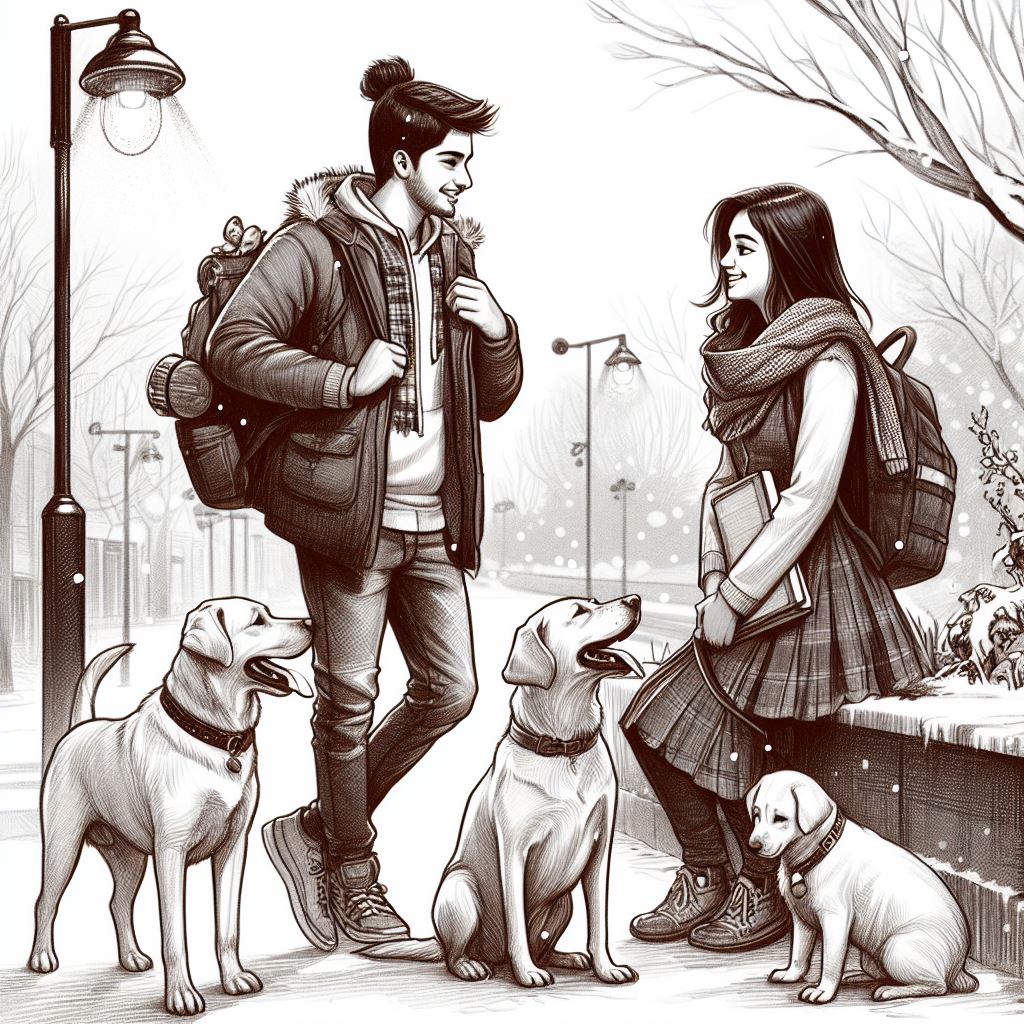
बातचीत शुरू करने का सबसे आसान, सबसे कारगर और साथ ही सबसे बकवास तरीका है, मौसम का हाल चाल पूछना। कितनी ही बार हम अपने सबसे करीबी माने जाने वाले लोगों से भी कुछ सेकंड की औपचारिकता के बाद ये पूछ कर टाइम पास करते नज़र आते हैं कि यार आज मौसम खराब है, ठंड कितनी है, कमाल की गर्मी है, ये बिना मौसम के बारिश भी कितना परेशान करती है और भी न जाने क्या क्या। शायद इसकी एक वजह ये भी है कि कुदरत का बनाया बाहर का मौसम, जिसके नैसर्गिक स्वरूप के साथ हम अक्सर दखलंदाज़ी करते हुए गुनहगार पाये जाते हैं। ये मौसम जो हर दो महीने में करवट बदलता है और डिसाइड करता है कि बिजली का बिल कितना आएगा, और इंसान कितना पसीना बहाएगा। वही मौसम बहुत हद तक हमारा स्वभाव भी तय करता है।
पहाड़ों पर कुदरत के बीच रहने वाले लोग हों या फिर समुद्र किनारे वाले, बीच के आसपास रहने लोग। अधिकतर मनमौजी और शांत स्वभाव के मिलेंगे। जहाँ मौसम साल भर ठीक ठाक रहता है, ज्यादा चुभता नहीं वहाँ भी रोड रेज़ और पार्किंग को लेकर खून खराबा बहुत ही कम सुनने में आता है। ऐसे में अपने देश के उत्तर के मैदानी इलाके वालों की क्या गलती, मौसम ही ऐसा रहता है कि उन्हे न चाहते हुए भी अमिताभ बच्चन के ऐंगरी यंग मैन वाले मोड़ में रहना पड़ता है।
सौल्स ऑफ पटना सिरीज़ में अब तक हमने पोस्ट ऑफिस की लाइन में लगे लोगों से लेकर लाइफ टाइम गारंटी देते क्रिस्टोफर नोलन जैसी कल्पनाशक्ति वाले सुपर मस्तमौला दुकानदार की बात की। और साथ ही इधर उधर की भड़ास भी निकाली। इस बार कुछ हटके करते हैं, जैसे बॉलीवुड फिल्में वादा तो करती है कुछ हटकर होने का, पर ले देकर वही पुरानी कहानी नए पोस्टर के साथ हमें परोस जाती है। और हम भूखे भी इतने कि मजबूरी में खा लेते हैं। इस खेल में करोड़ों का कारोबार हो जाता है। इन दिनों तो बात हजारों करोड़ों तक पहुँच गई है। अचानक इतने पैसों की बात करके हम सबको लगने लगता है कि , देश काफी तरक्की कर रहा है इतना पैसा तो है लोगों के पास।
टॉपिक सिरियस हो जाए उससे पहले टॉपिक बादल देते हैं। सर्दी बहुत है आजकल नहीं। यहाँ पटना में भी शिमला और जम्मू वाला माहौल है, बस वैसे पहाड़ और वादियाँ नहीं है तो सर्द मौसम हीरो नहीं विलेन ज्यादा हुआ पड़ा है। इतने ठंड मौसम में वैसे तो लोग घर से बाहर निकलने से कतराते हैं। पर कुछ दिन पहले एक प्यारा नज़ारा देखने को मिला। एक लड़का और लड़की अपने पालतू कुत्तों की बोरियत दूर करने के लिए गली के किनारे स्ट्रीट लाइट के नीचे खड़े थे। दोनों की उम्र वही रही होगी जब ऐसी मुलाकातें और बातों से बढ़कर दुनिया में और कुछ नहीं होता, यानि कॉलेज जानी वाली उम्र । एक के पास लेब्राडोर था तो एक ने स्ट्रीट डॉग को ही अच्छे से संभाला हुआ था। उनकी बातों का टॉपिक भी उनके पेट डोग्स के बारे में ही था। कि ये ऐसा है, ये शांत है वगेरह वगेरह। पर दोनों के चेहरे में एक चमक थी, वो मौसम कैसा है वाली बातों से बोरियत लिए उबाऊ शक्लें नहीं थी।
कुछ देर में उसी रास्ते से लौटा तो मुलाक़ात जारी थी। सारा प्यार एक दूसरे के पेट्स पर उड़ेला जा रहा था। सेकंड के सबसे छोटे से हिस्से में, मेंने लेब्राडोर की एज पूछना चाही, बड़ा अच्छा लग रहा था वो वेल ग्रूमड । मगर उसी सेकंड के दूसरे हिस्से में जाने कैसे थोड़ी समझदारी से काम लिया और चुपचाप आगे बढ़ गया। अच्छा ही हुआ वरना एक खुशनुमा कुदरती मुलाक़ात में ख़लल पड़ जाता। बिना वजह की दखलंदाज़ी से जितना बचा जाए अच्छा। मेरे हिसाब से सर्दी का मौसम दो महीने की बजाए छह महीने का होना चाहिए ताकि अमिताभ वाले ऐंगरी यंग मैन मोड में चीखते चिल्लाते लोगों को, अमोल पालेकर जैसे शांत मुसकुराते, आराम से बात करने वाले मोड में बदला जा सके।

Feedbacks – Reader’s POV